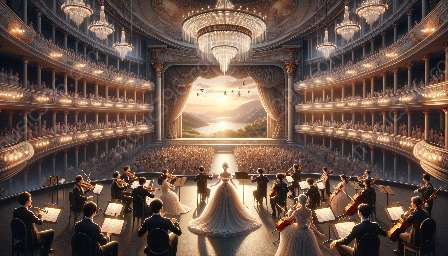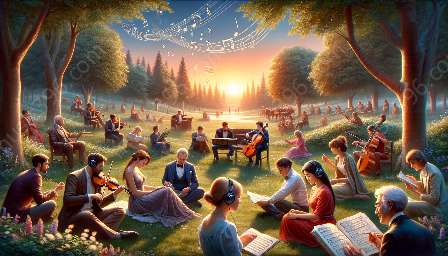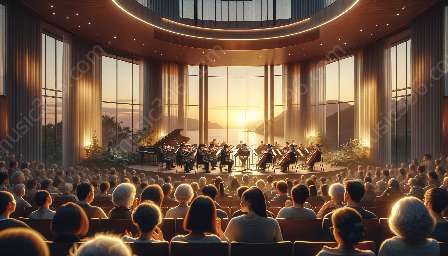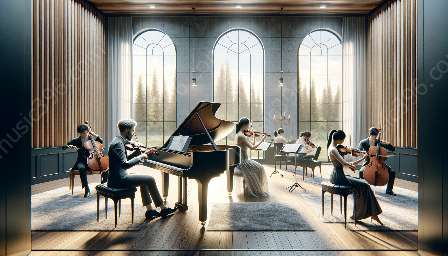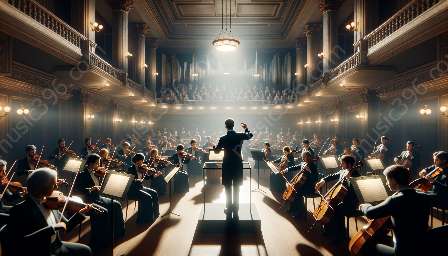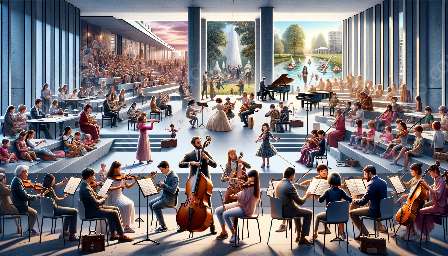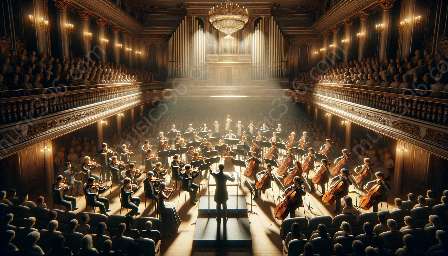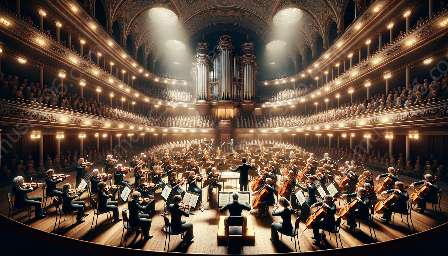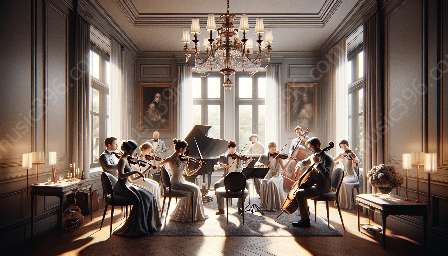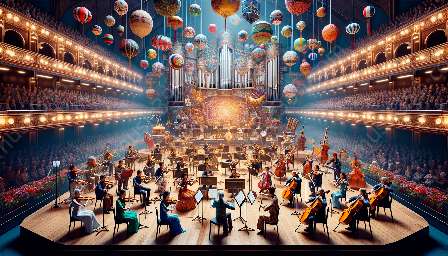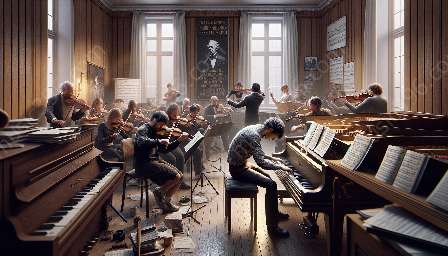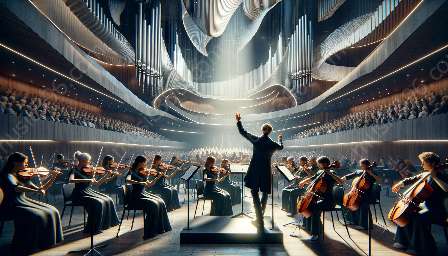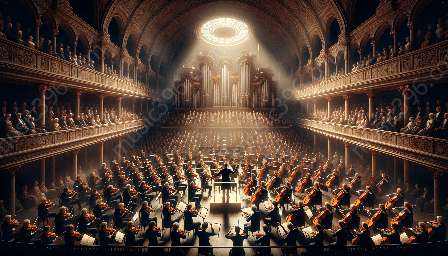Classical music has a rich history that has evolved across global contexts, influenced by diverse cultures and movements. This topic cluster explores the various global influences on classical music and how the genre has adapted and thrived in different cultural settings.
Origins and Early Development
Classical music has its roots in Western traditions, with its earliest forms emerging in the medieval and Renaissance periods. However, as European explorers ventured across the globe, they encountered new musical traditions and instruments that would influence the evolution of classical music.
Global Influences on Classical Music
The influence of non-Western music on classical compositions has been a significant factor in the genre's evolution. Composers such as Dvořák and Gershwin incorporated elements of folk music from their respective cultures into their compositions, contributing to a more diverse and inclusive classical music landscape.
Cultural Impacts
As classical music became more globally influenced, it began to reflect the interconnectedness of cultures and societies. This cultural exchange has enriched the genre, leading to innovative compositions that resonate with audiences worldwide.
Modern Interpretations and Innovations
In the modern era, classical music has embraced global influences in new and exciting ways. Composers and performers draw inspiration from a wide range of cultural sources, resulting in innovative fusions and collaborations that push the boundaries of traditional classical music.
Global Reach of Classical Music
The global reach of classical music is evident in its widespread popularity and the growing diversity of audiences. Concert halls and festivals around the world feature classical performances that encompass a broad spectrum of cultural influences, reflecting the genre's adaptability and appeal.
The Future of Classical Music in a Global Context
Looking ahead, the evolution of classical music in a global context continues to unfold. With ongoing cultural exchange and technological advancements, classical music is poised to remain a vibrant and dynamic art form that reflects the diversity and interconnectedness of our world.

